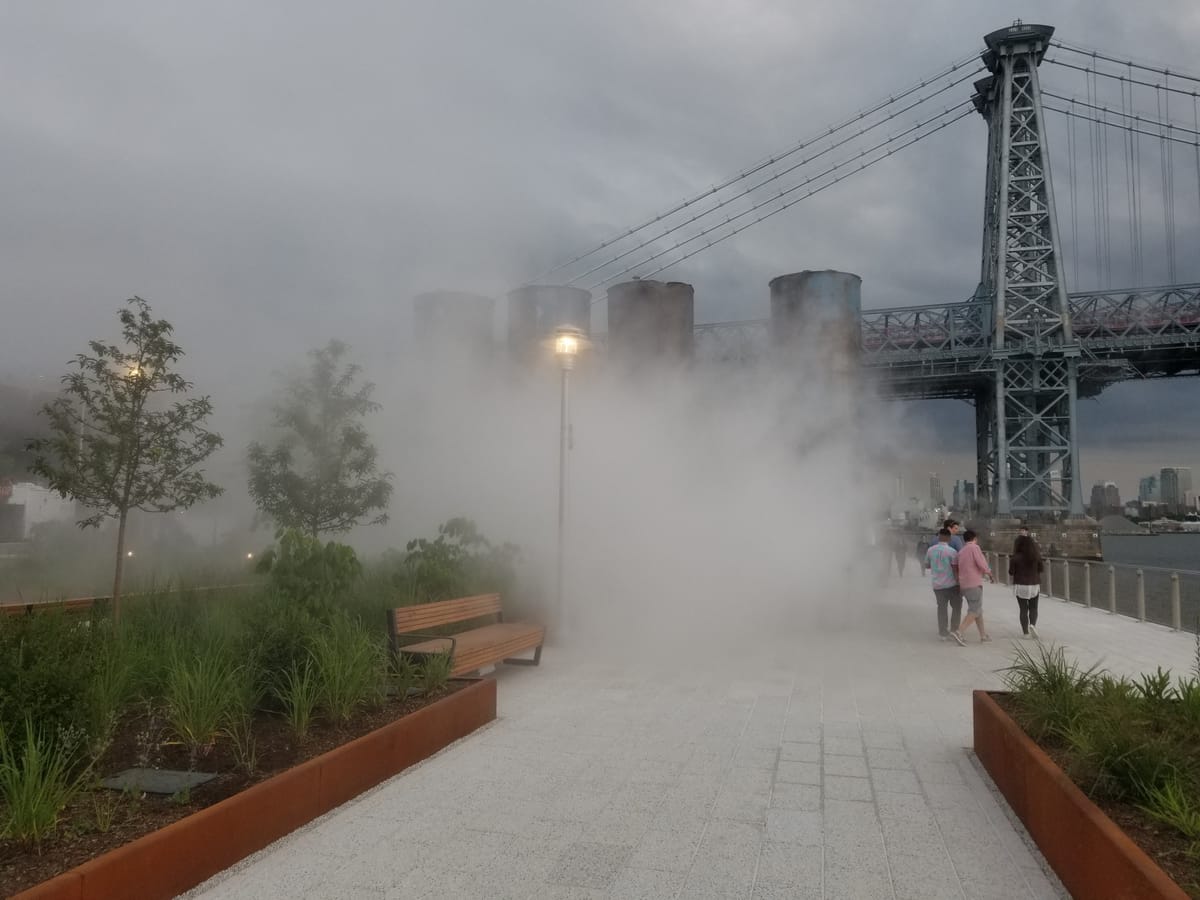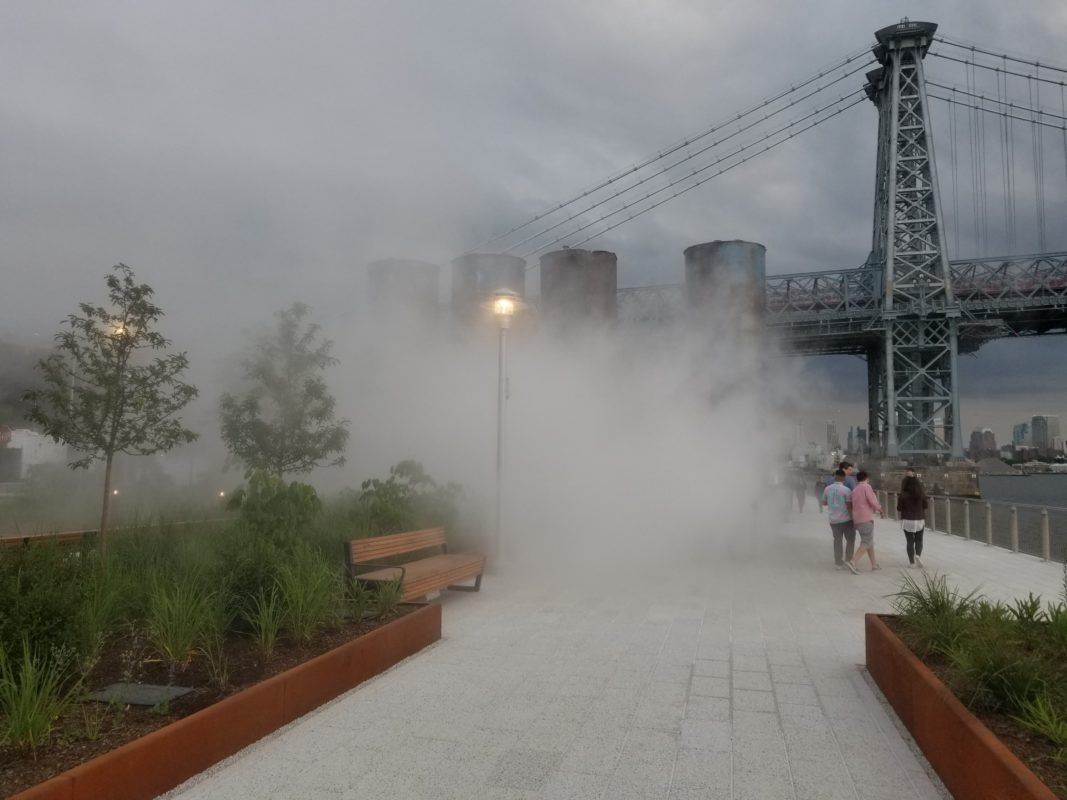Brooklyn Lawmakers Come In Second To Last On Environmental Scores In NYC


[UPDATED: Friday, August 30, 2019 at 2:45pm] A representative for Assembly Member Rodneyse Bichotte contacted Bklyner with the following correction and clarification. “Although [Bichotte] did not like certain things about how the congestion pricing was being handled still voted in favor of it. Her concerns were never against the environment but towards what seems more like a mismanagement of capital funds leading to New Yorkers having to pay more money. She voted for the bill in hopes of change but still would like to see more done towards better management of funds.”
The New York League of Conservation Voters on Wednesday released its annual scorecard for state legislators on their environmental policy voting record, and Brooklyn legislators as a whole have a solid B average of 87.5 percent.
Brooklyn’s Senators scored higher, with a 92 average versus 84 percent for its Assemblymembers. In both chambers, Brooklyn scored fourth out of the five boroughs (only Staten Island scored lower, at 75 percent in the Senate and 72 in the Assembly).
Ten Brooklyn legislators earned 100 percent ratings, for voting for, sponsoring and/or publicly supporting all of the 2019 legislation that NYLCV considered for its scorecard, including the Climate Leadership and Community Protection Act (CLCPA), congestion pricing, legislation to legalize e-bikes and e-scooters, and banning offshore drilling.
The perfect scorers were State Senators Julia Salazar, Kevin Parker, and Andrew Gounardes, and Assemblymembers Robert Carroll, Steve Cymbrowitz, Mathylde Frontus, Joe Lentol, Felix Ortiz, Jo Anne Simon, and Walter Mosley.
2019 was a big year for environmental legislation in New York. The landmark CLCPA, one of the most ambitious environmental protection plans in the nation, which calls for cutting carbon emissions to 85 percent below 1990 levels by 2050, and to get 70 percent of the state’s electric power from renewables by 2030 and 100 percent by 2040. The CLCPA had long languished in a divided Albany but passed swiftly through the newly unified Democratic government in June.
Another longstanding divisive issue that passed this year was congestion pricing, a new charge for automobiles entering Manhattan below 60th Street. Congestion pricing plans have been introduced periodically in New York, including by Mayor Michael Bloomberg in 2009; outer borough and suburban legislators had in the past derailed the scheme, but the plan passed in this year’s budget and will begin in 2021. The environmental aspect of the legislation is to significantly reduce the number of cars in Manhattan at any given time, which would diminish both traffic and auto emissions.
The average was brought down by several legislators who scored in the D range. The lowest score was 60 percent, shared by Assemblymembers Rodneyse Bichotte and Erik Dilan. Both Bichotte and Dilan voted against congestion pricing and against banning perfluorooctanoic acid (PFAS) in food packaging, among other votes.
Other low scorers in the Assembly include Helene Weinstein, Simcha Eichenstein, Peter Abbate, and Tremaine Wright, all of whom scored 67 percent. In the Senate, the lowest score in Brooklyn was earned by Simcha Felder, who also got a 67 percent rating. Brooklyn’s only Republican legislator, Nicole Malliotakis, received a 78 percent rating by the league.



